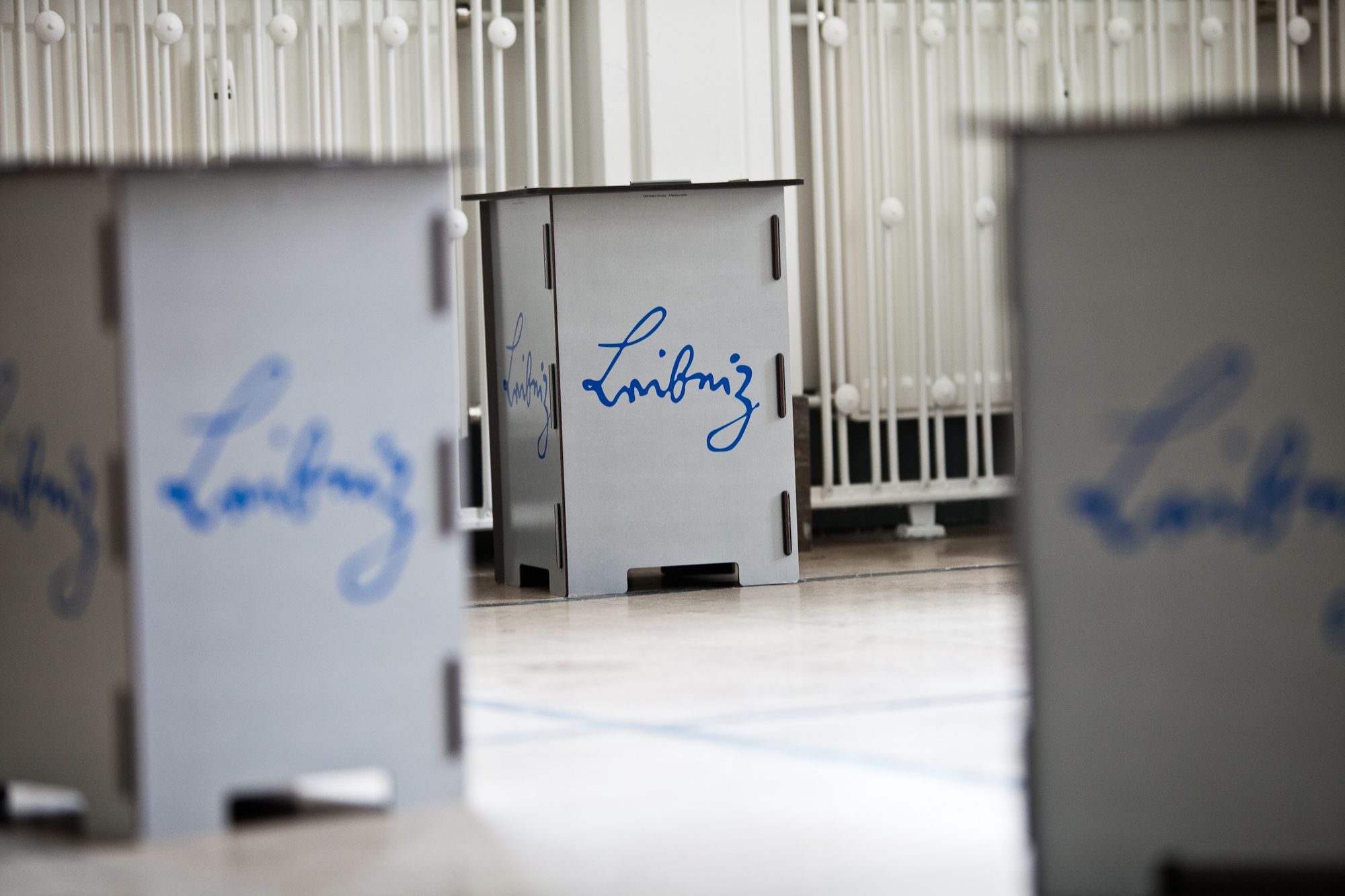Leibniz Association
The Leibniz Association links 96 independent research facilities. The Leibniz Institutes work in an interdisciplinary manner and address socially, economically and ecologically relevant issues. They are organized into five sections that deal with different disciplines. There is a constant exchange of ideas within and between them. The scientific profile of the Leibniz Association is very broad and includes the following areas:
- humanities and educational research,
- economics, social sciences, spatial research
- life sciences
- mathematics, natural sciences, engineering
- environmental research.
The IHP belongs to Section D "Mathematics, Natural Sciences, Engineering", which deals with new technologies and materials as fundamental drivers of economic progress in a modern industrial society. The aim is to meet the challenges arising from major societal issues such as the energy transition, digitalization or the aging of society.
A key focus of the Leibniz institutes is close national and international cooperation with universities, industry and other partners. Particular importance is attached to cooperation with universities, which is reflected by the formation of "Joint Labs". The IHP was one of the first institutions in the Leibniz Association with this form of cooperation. IHP scientists work closely together with students from Potsdam, Cottbus, Wildau, Berlin, and also on the international level with students from Poznań, Zielona Góra, and Istanbul.
The institutes of the Leibniz Association employ around 20,000 staff members including more than 10,000 scientists. Due to their importance for society, the institutes of the Leibniz Association are jointly financed by the federal and state governments. The financial volume amounts to 1.9 billion euros. The Leibniz Association's institutions are subject to a transparent and independent evaluation process by the Leibniz Senate on a regular basis, after seven years at the latest.
Further information at: https://www.leibniz-gemeinschaft.de/en.html



